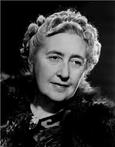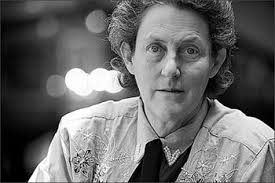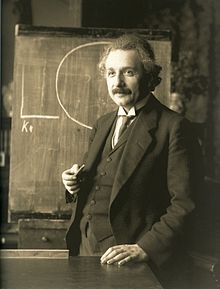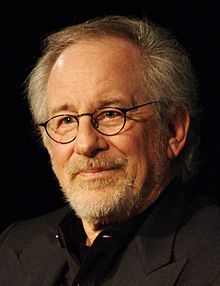Last month Australia had its first Gifted Awareness Week. What am I doing talking about gifted awareness week when I work with children with learning difficulties?
It was only about three years ago I discovered that amongst the most intellectually gifted students, about one in six also have a learning disability. This phenomenon was first recognised in the 1970's but an increasing body of research about gifted children with learning disabilities has emerged in the last decade. When identified, these children are most commonly given a diagnosis of "Gifted with Learning Disabilities (GLD)" or "Twice Exceptional (2e)".
However, many GLD children go undetected, either because their disability masks their potential, or their intellect masks their struggles. Either way, the cost to society and the individuals can be disruptive and destructive behaviours and mental health problems. On the flip side, when the GLD student is supported in their areas of interest and talent, they can be productive, engaged students who go on to enrich society through their areas of expertise.
Identifying the GLD child is the first step. Here are some signs to look out for:
• highly variable academic performance
• verbal language skills that far exceed their written work
• a sense of justice and fairness that does not translate to practical peer social skills
• better at individual work than team work
• low self esteem and/or academic self confidence
• poor organisation or time management skills
• classroom behaviour problems
• daydreaming in class and yet highly focussed in self-directed projects at home
• average or below average schoolwork with occasional flashes of creative insight
The definitive way to find out if this is why your child's school experience isn't working is to see an Educational Psychologist for an IQ assessment. Ideally this will be combined with information from their teachers, perhaps other health professionals and of course parents. For a diagnosis of "Gifted with Learning Disabilities" there will be a significant discrepancy between scale scores in different domains of the IQ test.
Meeting the educational needs of students with this profile is exceptionally challenging for the majority of schools that cater to the majority of students. It takes a dynamic team approach to really challenge and extend the GLD child in ways that also accommodate learning difficulties such as ADHD, sensory processing differences and dyslexia.
Unlike New Zealand, UK and USA, in Australia we do not yet have specialist schools for GLD students, so the onus is on parents and teachers to educate themselves in how to provide the best educational opportunities for these children. So here are some links to get you started:
www.aaegt.net.au
https://education.arts.unsw.edu.au/about-us/gerric/
https://gatsta.wordpress.com/
http://www.2enewsletter.com/
And here are some famous faces of people who are Gifted with Learning Disabilities!
It was only about three years ago I discovered that amongst the most intellectually gifted students, about one in six also have a learning disability. This phenomenon was first recognised in the 1970's but an increasing body of research about gifted children with learning disabilities has emerged in the last decade. When identified, these children are most commonly given a diagnosis of "Gifted with Learning Disabilities (GLD)" or "Twice Exceptional (2e)".
However, many GLD children go undetected, either because their disability masks their potential, or their intellect masks their struggles. Either way, the cost to society and the individuals can be disruptive and destructive behaviours and mental health problems. On the flip side, when the GLD student is supported in their areas of interest and talent, they can be productive, engaged students who go on to enrich society through their areas of expertise.
Identifying the GLD child is the first step. Here are some signs to look out for:
• highly variable academic performance
• verbal language skills that far exceed their written work
• a sense of justice and fairness that does not translate to practical peer social skills
• better at individual work than team work
• low self esteem and/or academic self confidence
• poor organisation or time management skills
• classroom behaviour problems
• daydreaming in class and yet highly focussed in self-directed projects at home
• average or below average schoolwork with occasional flashes of creative insight
The definitive way to find out if this is why your child's school experience isn't working is to see an Educational Psychologist for an IQ assessment. Ideally this will be combined with information from their teachers, perhaps other health professionals and of course parents. For a diagnosis of "Gifted with Learning Disabilities" there will be a significant discrepancy between scale scores in different domains of the IQ test.
Meeting the educational needs of students with this profile is exceptionally challenging for the majority of schools that cater to the majority of students. It takes a dynamic team approach to really challenge and extend the GLD child in ways that also accommodate learning difficulties such as ADHD, sensory processing differences and dyslexia.
Unlike New Zealand, UK and USA, in Australia we do not yet have specialist schools for GLD students, so the onus is on parents and teachers to educate themselves in how to provide the best educational opportunities for these children. So here are some links to get you started:
www.aaegt.net.au
https://education.arts.unsw.edu.au/about-us/gerric/
https://gatsta.wordpress.com/
http://www.2enewsletter.com/
And here are some famous faces of people who are Gifted with Learning Disabilities!










 RSS Feed
RSS Feed